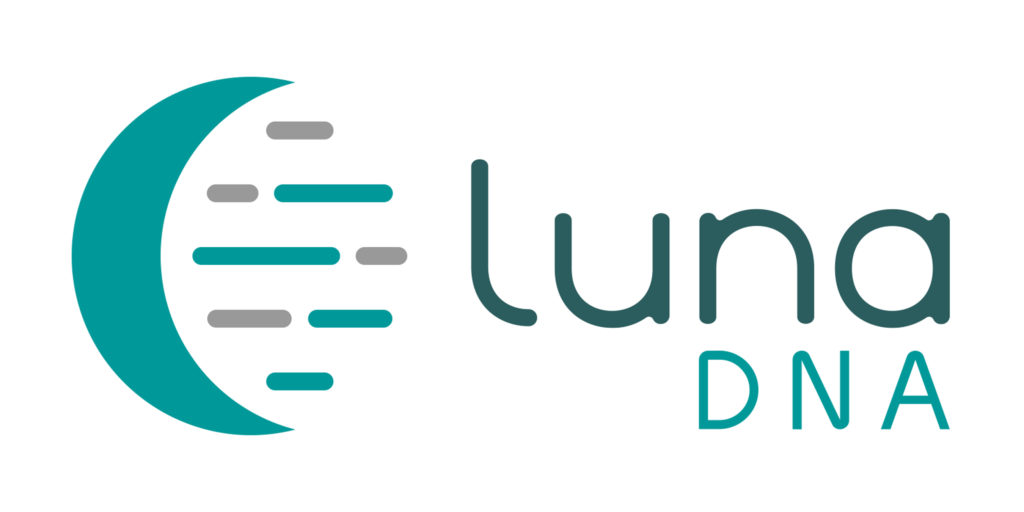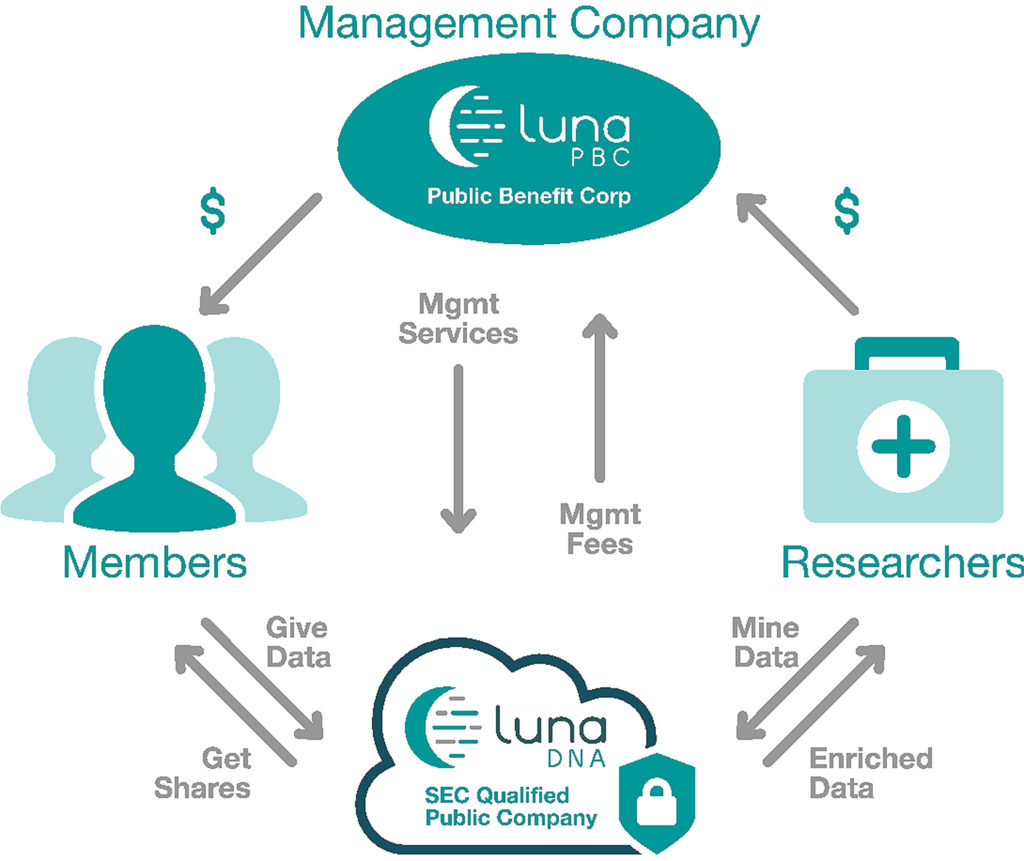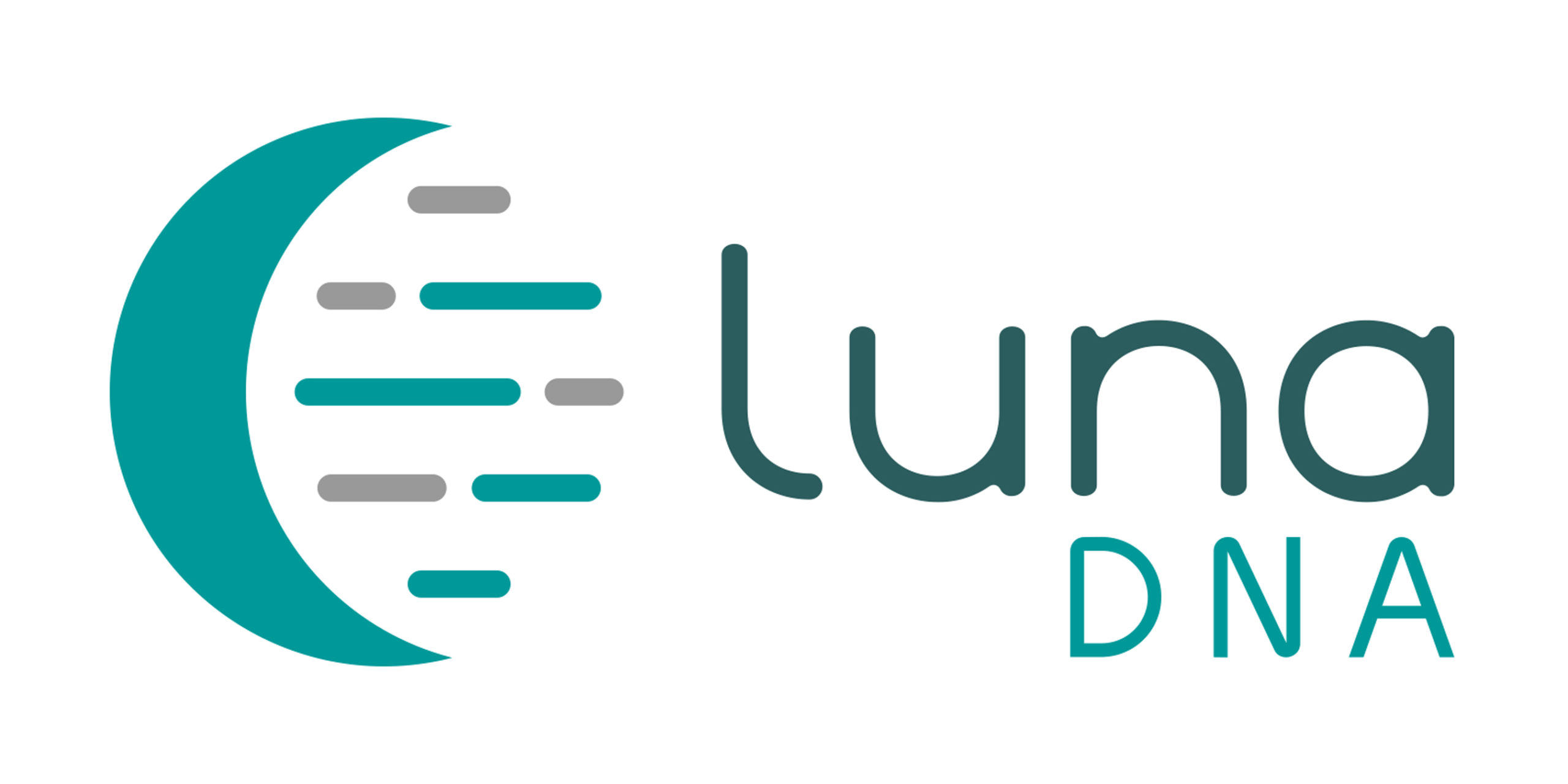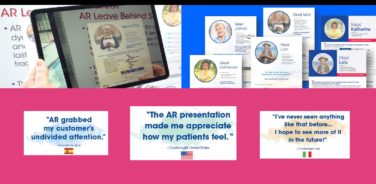LunaPBC has done something that no other company has ever done—treat data as currency. The public benefit corporation (PBC) was formed to help increase the accessibility of data for healthcare research. To do that, they wanted to get individuals on board and willing to share their data. So, the company formed a community-owned platform called LunaDNA in which individuals actually get shares in the company in exchange for data, and then researchers pay to access that data. PM360 spoke with Dawn Barry, President and Co-founder, about establishing this new model, what it means for both people and researchers, and more.

PM360: Why start LunaPBC?
Dawn Barry: Bob Kain, who is our CEO, was the Chief Engineering Officer at Illumina for over 12 years. During that time, he was thinking about how historically, research has been hindered because we haven’t had the scope, scale, diversity, contextual data, and longitudinal data to do robust research. But with a lot of us being from Illumina, we knew tons of data was out there—it was just all locked up in different fragmented data silos typically owned by institutions. So Bob was looking at the opportunity from a data federation perspective and figuring out how to bring all that together.
Meanwhile, David Lewis, who is our CFO, was starting to see that this data has value, and various models were emerging in terms of acquiring and selling data. So he was thinking about it from the perspective of data as a personal asset. And then I was thinking about it from the level of community. If we inverted the research model and put people truly first, could we create a robust asset for research that was more diverse, more inclusive of environmental and lifestyle influences, and more continuous to capture longitudinal information? And so engineering, economics, and people-first principles came together to form LunaPBC.
Why did you make it a PBC?
One of the things we discovered on why people are reluctant to join research projects is that they are unsure of what their data is going to be used for and don’t trust the institution asking them for their data. By establishing as a PBC, we have an immutable charter that individuals’ data can only be used by credible researchers and be used in pursuit of health and quality of life advancement.
 How have you gone about building up the community of patients?
How have you gone about building up the community of patients?
We think of it as a two-pronged membership strategy. One is appealing directly to the individuals themselves. For example, the latest estimate of individuals who have purchased a personal DNA testing kit is over 26 million. There has also been an increase in access to patient portals and personal health records. So you’re seeing this rise in individuals who are very data engaged. And many of those folks want to lean into research so that this information can become even more informative.
The other approach is forming business relationships with organizations that can reach individuals. For example, one of our first partnerships was with the Genetic Alliance, which has more than 45 disease foundations and patient registries that represent about 50,000 individuals. Then you also have clinical labs, registries, population health programs, wearable providers, and a number of different avenues and relationships that we are exploring.
How many shares do patients get for their data?
Different data types result in a different allocation of shares. For example, a whole genome data file is worth more shares than a DNA microarray. It is all laid out in our SEC offering circular, but generally speaking, the more robust the data type, the more share allocation has been attributed to it.
And then what can people actually expect from their shares?
From a monetary perspective, you can think about number of shares as conferring your ownership stake in LunaDNA. So the more share ownership that you have, the greater the opportunity for dividends when value is created. We like to think about discovery as a community effort. When we all come together, the asset gets richer, so to speak, in terms of discovery potential. And the more value that can be created from the collective data, the more dividends that can be distributed.

What about value from a research perspective? Would people with the data in the system be contacted if their information suggests they are a good fit for a particular study?
Individuals’ identities are protected in the system, and their data is segregated throughout the system so they participate in an anonymous capacity. However, to your example, one application of being in the LunaDNA system is that, if you opt-in for the opportunity to be contacted for any special studies, then you will be able to identify yourself as willing to participate. So you are the only one who can break your anonymity. And there is transparency in terms of how your data is used as well as any results that come from using LunaDNA.
What were the biggest challenges in establishing this community-based platform?
One of the first challenges, which we’re happily past, was being the first to ask the SEC to recognize data as currency. They had not seen a model like this before. But we felt it was important to operate under an SEC construct in order to establish transparency and earn the trust of people willing to share their data.
The second challenge is people are thinking more critically about how their data is used, where copies of their data are going, what value is being created, and how their privacy is being respected. This current environment has raised a lot of questions and uncertainty about those issues, but we think our model answers those all in a very responsible way. So, while this is a challenging ecosystem to enter, it is also an opportunity to do it right and inspire people to see that their data can influence the future of health and quality of life by improving the velocity of discoveries.








